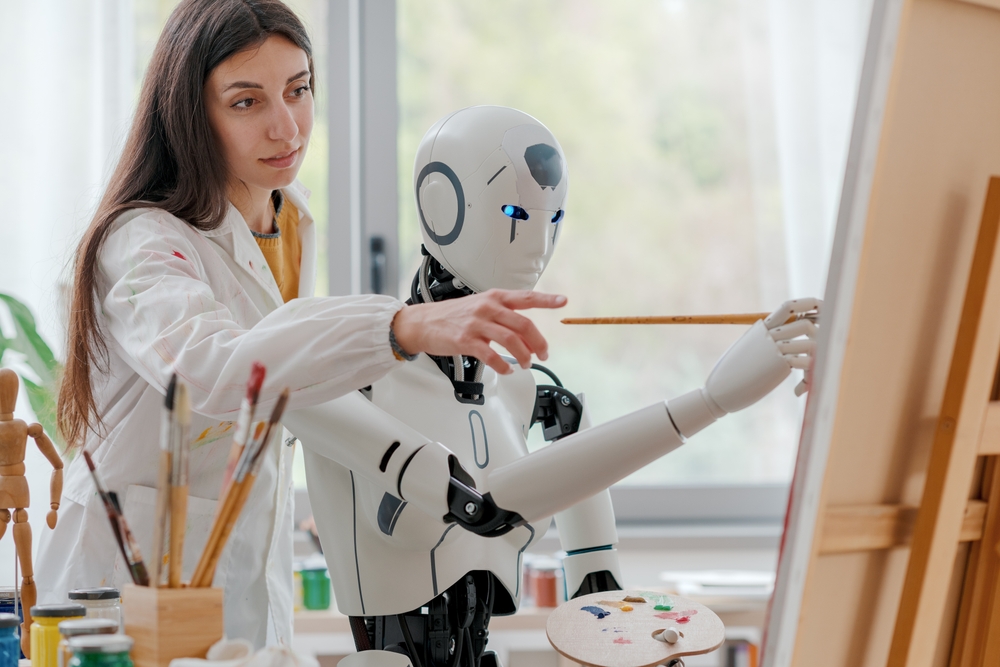British scientists conducted a study to assess the influence of artificial intelligence (AI) on creativity, yielding mixed results. The study revealed that AI can enhance an individual’s creative abilities while potentially reducing the overall quality of the material produced. Anil Doshi from University College London and Oliver Hauser from the University of Exeter led the research.

In their experiment, several hundred participants were asked to write a short story of about eight sentences suitable for a general audience. The subjects were divided into three groups: one group wrote stories independently, the second group could make one request to GPT-4, and the third group could make up to five requests to the AI for inspiration. The participants then rated the stories based on novelty, value (likelihood of publication), and emotional effect.
Before the main task, volunteers completed a short pre-assessment to gauge their creativity. Results showed that participants with low creativity scores improved their ratings when aided by AI, especially with multiple requests. However, those with high initial creativity saw no improvement, and their scores sometimes even decreased due to AI involvement.
Collective Novelty vs. Individual Creativity
The researchers didn’t stop at individual assessments. They used the OpenAI API to analyze the similarity of each story to other works in its category: human-authored, one AI request, or five AI requests. They found that AI participation made the stories more similar to each other, with differences ranging from 9% to 10%. This suggests that while AI can boost individual creativity, it may also lead to a loss of collective novelty.
This finding raises concerns about the quality of content in contemporary art and on the Internet, notes NIX Solutions. As AI-generated content grows, it may create a self-sustaining cycle of repetitive and less innovative materials. We’ll keep you updated on further developments in this area.
Generative AI is increasingly permeating various fields, challenging the notion of limitless creativity and heralding a new era of AI-generated music, film, and art. The researchers acknowledge that their study covers a new area and was limited to short stories of eight sentences. Nevertheless, their findings serve as a significant counterbalance to the optimistic claims about AI’s creative potential.
